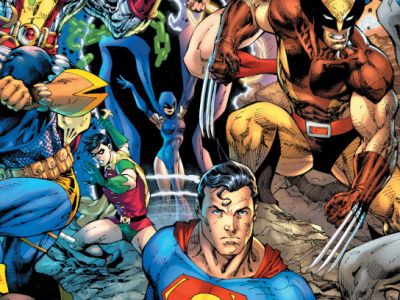Four of seven counts against comic retailer Gordon Lee were dismissed on Thursday at a pretrial hearing before Judge F. Larry Salmon in Rome, Georgia. Both felony counts of Distribution of Material Containing Nudity or Sexual Conduct, as well as two misdemeanor counts of Distribution of Harmful to Minors Material to alleged John Does were dismissed by prosecutors.
Lead counsel Alan Begner said of the dismissals, 'I'm delighted that the felony counts are now thrown out. They should never have been brought and the District Attorney waited until the last minute to dismiss them, but [co-counsel] Paul [Cadle] and I were confident all along that they could not stand. Now they do not stand.'
The dismissals made three of the motions filed by the attorneys retained by the Comic Book Legal Defense Fund (see 'CBLDF Files Motions in Rome Case') moot. Attorneys Begner and Cagle argued the remaining motion. Begner argued that the comic book in question as a matter of law did not violate the law and is protected under the first amendment. Begner explained the other argument. 'Paul argued that the use of three separate counts to charge one offense was improper and was done to make the jury believe there were three crimes committed when it should have all been put into one count,' he said. 'That's been taken under consideration too: we asked [the judge] to require the State to put it in one count, to properly reflect that there should be only one count left. A decision on the arguments is expected by the end of the month.







